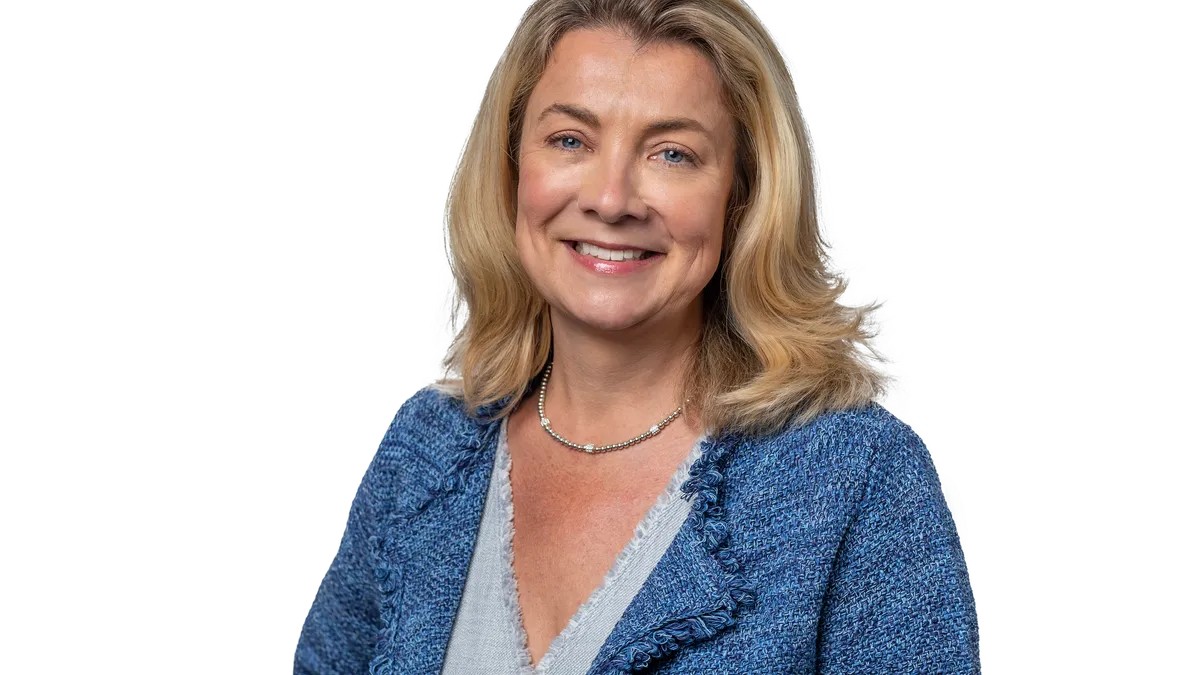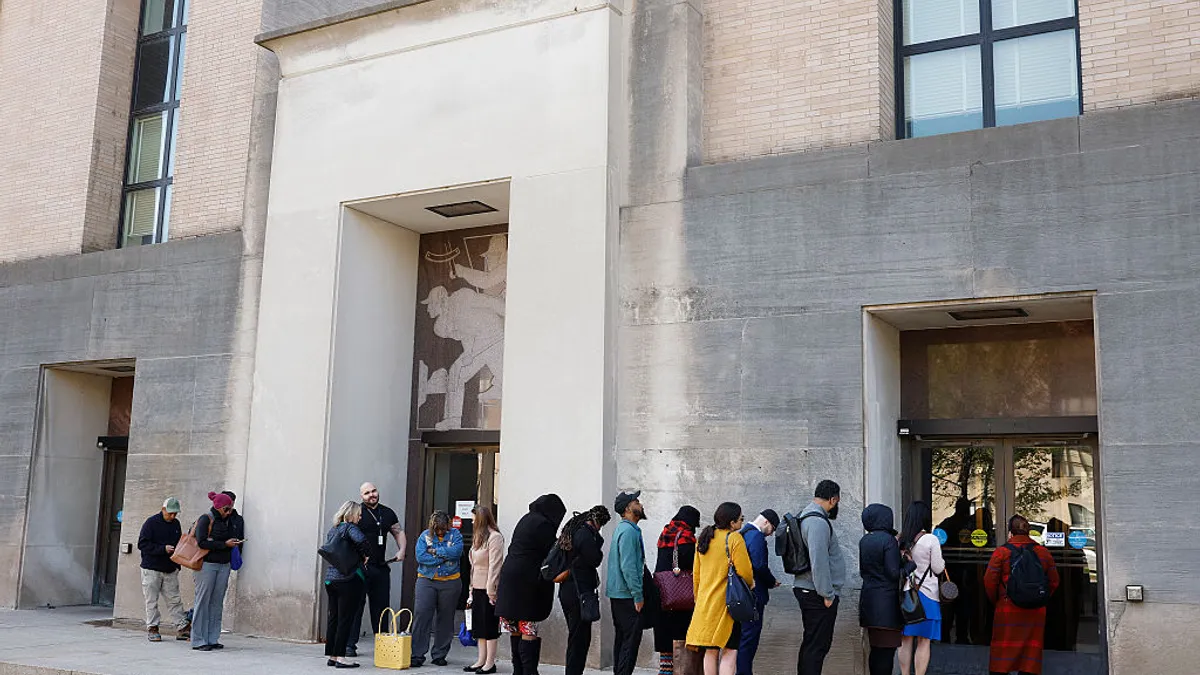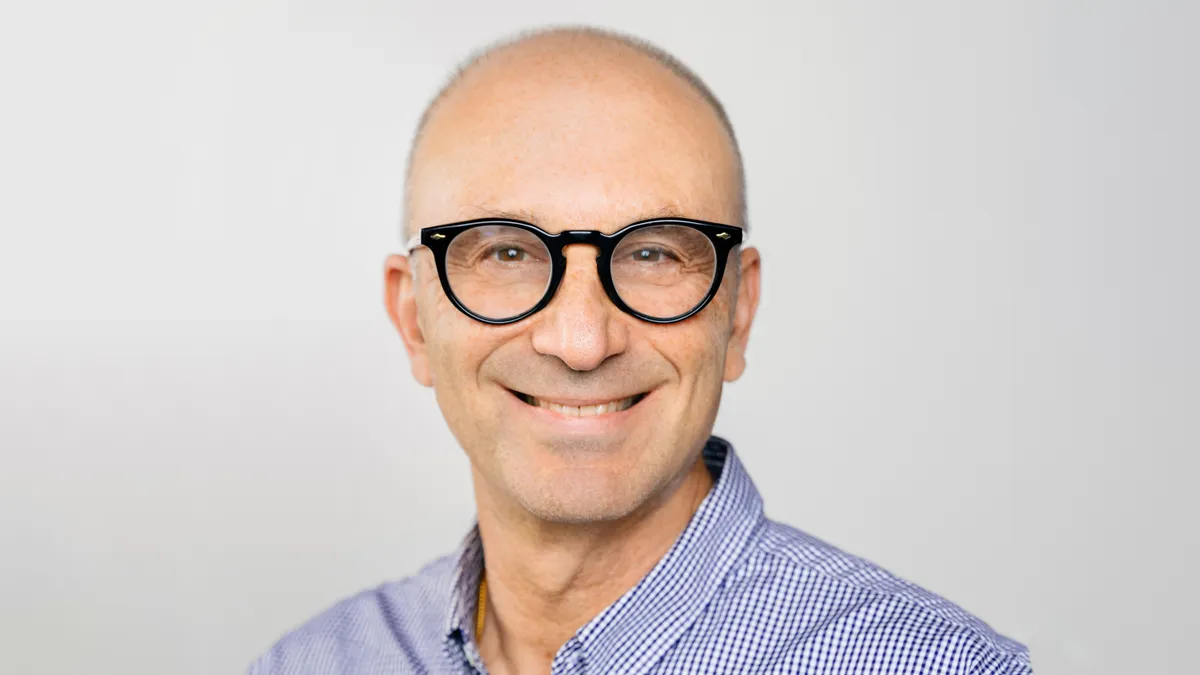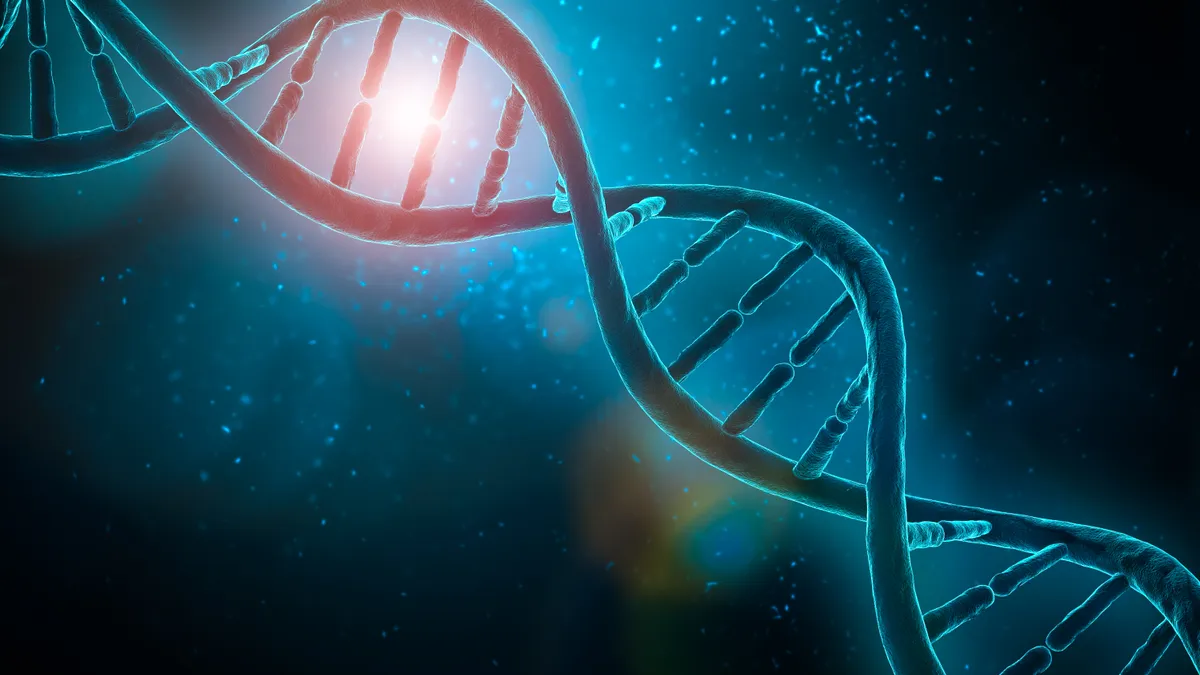Bristol Myers Squibb’s $74 billion takeover of Celgene was pharma’s defining mega-merger of 2019, and one of the largest in the industry’s history. Since the deal was announced, the pressure has been on the companies to make good on their promise of effectively integrating and launching new therapies.
It’s no simple feat in the best of times. But in this case, the process has been complicated by a major patent cliff and the ongoing impact of the pandemic, as well as the rollout and production complexity behind two CAR-T cell therapies at the heart of the deal.
One, called Breyanzi, which was approved for patients with B-cell lymphoma, missed its original targeted FDA approval deadline at the end of 2020 due to inspection delays. The setback killed a contingent value rights agreement tied to the merger, which would have paid out billions to investors — triggering an investor lawsuit BMS will have to face.
And on a recent earnings call, BMS’ chief financial officer, David Elkins, said that despite strong sales for another central CAR-T therapy from the deal — Abecma — manufacturing capacity for the treatment has still not caught up with demand.
While analysts track these updates and what they mean for the deal’s value in shareholder returns, Catherine Owen, BMS’ senior vice president of major markets is all about the people. After joining the company in late 2019, Owen has been laser focused on integrating teams at BMS and Celgene while also managing several new product launches in the nearly 20 countries she oversees.
Despite the challenges facing these rollouts, Owen says BMS and Celgene have plenty to boast about.
“We've launched nine products in the last two years,” she says. “I've been in the industry for 25 years. I've been in Europe. I've been in the U.S. … and I've never had nine launches in two years.”
Here, Owen discusses what it’s been like to merge two “powerhouses” in pharma, and the unique hurdles involved in launching CAR-T therapies.
This interview has been edited for length and clarity.
PharmaVoice: I'll start by asking broadly, how is the whole process of integrating your teams going?
Catherine Owen: I think the key word there is process, because when [you’re undergoing] the largest pharmaceutical integration in the last decade or so, it's a journey.
It started in November 2019 and we were bringing together two powerhouses — one in hematology and one in oncology, cardiovascular and more. And when people think about the business side of integration, you start with portfolios and the financial systems, which is obviously complex. But one of the main things you're actually integrating is the people. We're really just starting to understand the journey of integrating two cultures and ensuring the people involved in the integration are at the center. [And you have to] ensure that people stay motivated, involved and inspired through the whole process.
Were there any culture clashes as you started this process of integrating teams?
What's really nice was that Giovanni Caforio [CEO of BMS] approached it from the point of view wanting to reinvent BMS with Celgene. So it wasn't like Celgene was subsumed into BMS. It was more like: We've got two great companies — let's take the best of the best and develop a new BMS.
And so the board and the leadership teams came together to look at the company values from BMS and from Celgene and decided which are the same and which of those are different. And they came up with six core values for the new BMS. And there was new branding and new logos — and I know that sounds small, but it reinforced the fact that this was a new company, a new BMS. It wasn't just one company acquiring another. [It was] a partnership approach from the top to ensure that as we rolled that down, we had alignment across all teams.
We also didn't rely on natural culture development. It was really structured, which I think is the right way to do it, because otherwise there are places it can go horribly wrong.
And every three months we conducted a pulse survey to look at trends — what's positive and where we need to focus again.
When you've looked at the results from that employee perspective, what have been some of the most frequent pain points from their point of view?
I think one of the more frequent pain points is the different ways of getting things done in the company. Whether you are heritage BMS or Celgene, the change in processes, people or even the computer systems have shifted. Over time that was a frustration.
[But that has] become more stable and now we're looking at: How do we drive more innovation? How do we empower people?
Meanwhile, BMS has also had a busy few years with new drug launches, including two CAR-T cell therapies. How are those launches going?
We have two CAR-T cell therapies we’re launching globally. One is Breyanzi for B cell lymphoma, and the other is Abecma, which is the first CAR-T approved for multiple myeloma.
The demand for these therapies has been very high. As you are aware, each CAR-T therapy is produced for one patient — so there's a very intense manufacturing process involved.
"When [you’re undergoing] the largest pharmaceutical integration in the last decade or so, it’s a journey."

Catherine Owen
Senior vice president, major markets, BMS
It's also a slightly different approach to launching a small molecule drug where you can manufacture, stockpile the drugs and ensure that you have enough supply for the whole world before you push it out. Because of that, we are sequencing our launches globally so that every country we launch into, we have an ability to meet the physician and patient demand.
We're continuing to build our manufacturing capacity. We’ve just broken ground and are starting to build a new manufacturing facility in the Netherlands, and that will come online in around two years’ time to help service patients in Europe.
Why is this country-by-country rollout a better option for patients?
Patients with multiple myeloma that are on that fourth or fifth line of therapy, for example, are toward the end of the options. So if the doctors think this is the appropriate treatment, they need it to be supplied quickly. Depending on the patient it can take 30 to 40 days for us to manufacture the therapy. So it's important for us to be realistic with physicians who are choosing to use these products in situations that are acute. They need a reliable time frame in terms of when it can be delivered. We want to ensure we can reliably deliver to patients in need, so that’s why we’re very mindful about when we launch in a country.
Is this the first time BMS has taken that approach to commercial launches?
I think so. I'm not sure in the past whether we did it with some of our biologics because biologics were similarly complicated to manufacture. But 20 years on, we've learned a lot. And again, we're right in the cutting edge of individualized therapy for cancer patients. Similar to the other companies in the space — Johnson & Johnson, Novartis and Gilead — we've all been dealing with a huge learning curve about how to effectively [launch CAR-T therapies].
And as we move toward more personalized medicines and higher demand for gene therapies … these challenges are the reality of that.
There’s a lot of scrutiny around your merger with Celgene. Are you feeling that pressure?
There's pressure on pharmaceutical companies all the time because we're publicly traded companies. But I think under the scrutiny of a merger, that pressure is on in a different way. And I think what analysts and shareholders are looking for is: Did the deal deliver what it promised?
We promised a focus on transformative innovation and on launching medicines in areas of high unmet need. And I think we've delivered on that. We've continued to launch through COVID-19 against our expectations and we've got two launches coming up before the end of the year. We've proven that we could drive the integration as well as deliver launches through the global pandemic, so from my perspective, it's been a huge achievement and a total team effort.





















